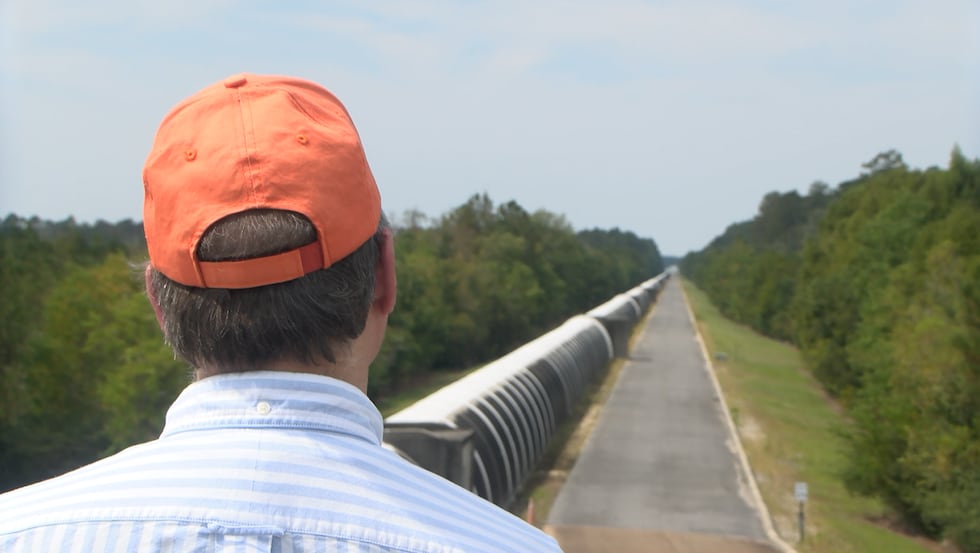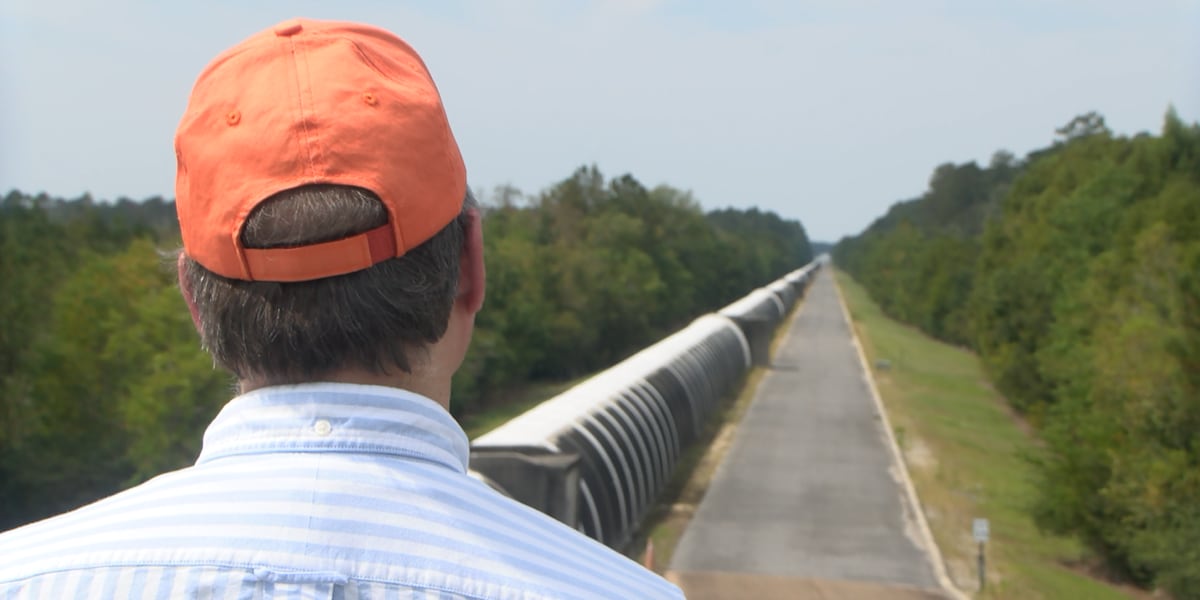LIVINGSTON PARISH, La. (WAFB) – A decade ago, researchers at the Laser Interferometer Gravitational-Wave Observatory (LIGO) detected ripples in the fabric of the universe, confirming the existence of gravitational waves caused by the collision of two black holes billions of light-years away.
Since that discovery on Sept. 14, 2015, LIGO has identified hundreds of similar cosmic events, but proposed federal budget cuts now threaten the future of this research.
 Federal cuts threaten research at LIGO Livingston(WAFB)
Federal cuts threaten research at LIGO Livingston(WAFB)
Joseph Giaime, head researcher at LIGO Livingston, explained the observatory’s process:
“And so we take light from a laser, split it in two, half of the light bounces back and forth between mirrors on the end of this arm and the other half does the same in the other arm, and then that light gets sent back to a beam splitter and gets combined and we can read out the difference between the lengths as measured by light. When that changes in a particular way, that is evidence of a gravitational wave.”
These long tunnels allow scientists to measure minute changes. Giaime noted the challenge:
“The problem is, the effect is really crazy small and so over this arm length, this long arm length, it changes by less than one thousandth of the diameter of a proton, really small, and that’s why it took so long — a century after Einstein first came up with this before we were able to measure it.”
President Trump’s federal budget proposal includes a 40% budget cut for LIGO, reducing funding from $48 million to $29 million for the next fiscal year.
Giaime said the cuts could force the closure of one of LIGO’s two North American observatories, located in Louisiana and Washington state. This reduction would jeopardize nearly 50 jobs and limit the scope of scientific discovery, he added.
“If only one LIGO is working, we see much less science, both because it changes how far into the universe we can see when only one is working and also, we would have no idea where in the sky the signal came from,” Giaime said.
The research at LIGO not only advances our understanding of the cosmos but also inspires curiosity about the universe. Giaime emphasized its broader significance: “Almost always, anyone in the world who builds a house, puts a window in it — they don’t really need to put a window in it, maybe the light helps a little bit, but really people just want to know what’s going on out there. It’s kind of a human need to want to know what’s going on, and astronomy is a natural extension of that.”
The work at LIGO challenges the notion of the impossible, Giaime added: “With an idea that the impossible is often possible if you work hard at it. What we do here is thought to be impossible for many decades because of the tiny size of the signal.”
Although not yet finalized, the current House and Senate budget proposals include continued funding for the LIGO facilities.
President Trump’s proposal serves mainly as a recommendation. Congress has final say on the appropriation for this funding.
Click here to report a typo. Please include the headline.
Click here to subscribe to our WAFB 9 News daily digest and breaking news alerts delivered straight to your email inbox.
Copyright 2025 WAFB. All rights reserved.

